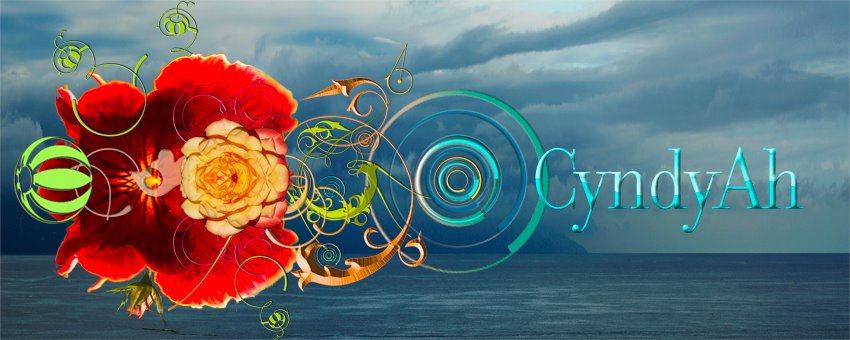Power pathology may have some crucial consequences for those involved in Buddhist practice, both personally and collectively. Disciples often have unaddressed power issues in relation to their teachers. When we endow traditions and their spiritual leaders with power and authority, we unwittingly give away a vital aspect of our individual responsibility, at great cost. Organizations often have underlying patterns of power and control that make some disciples remain relatively disempowered and dependent, while others actually become the agents of the teacher's parental authority. Denying and disowning personal responsibility for our power is welcomed in charismatic religions where devotion to the teacher is paramount. The dangers of this process, however, are that we leave ourselves open to abuse, exploitation, and dependency.
Reclaiming responsibility for personal power is vital if we are to grow and individuate, but the path is fraught with confusion. Many of us fear our power because we think it will be destructive and dangerous if released.... When someone asserts her own wishes and needs or firmly stands by her own "truth," this assertiveness can easily be viewed disapprovingly as selfish and ego-centered. This in turn can lead to intolerable feelings of guilt. Those who suffer the sense of disempowerment that results from a failure to express their truth often find that their assertiveness lies buried in anger and resentment...there is also some confusion about how those engaged in spiritual practice should relate to anger.
Some Buddhist teachers accuse the therapy world of promoting and cultivating anger. They will often deny any validity to anger, viewing all anger merely as a cause of suffering to be overcome and controlled.... As long as we live with the view that anger is to be condemned, we can easily fall into the habit of repression. We will also fail to hear what truth lies behind it that is not being voiced. When we ask questions such as, "What do you really want to say?" or "What are you really wanting that is not being heard?" we will begin to hear what is at its root. This becomes a healthier way of living with anger, rather than creating a regime that fears it and tries to disown or suppress it. If our capacity to be assertive or to feel heard has become blocked and distorted, when we listen more deeply to what lies beneath or behind the anger, we will often discover some inner truth that needs to be asserted more clearly and creatively.
--from The Wisdom of Imperfection: The Challenge of Individuation in Buddhist Life by Rob Preece, published by Snow Lion Publications

